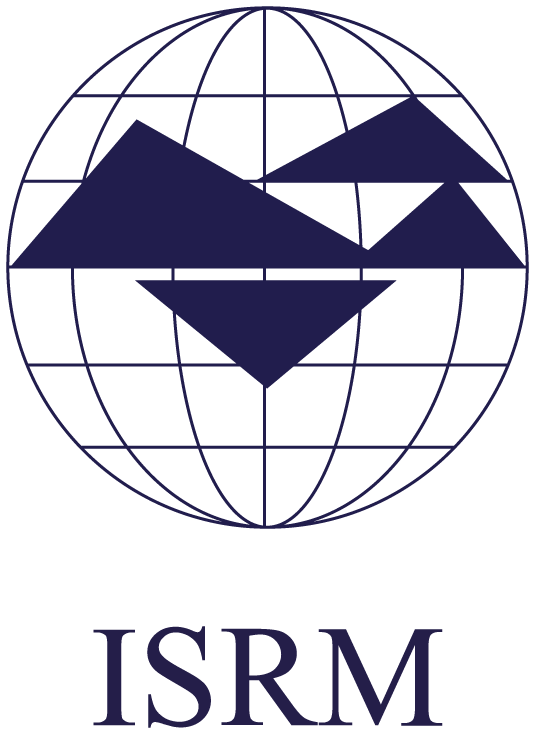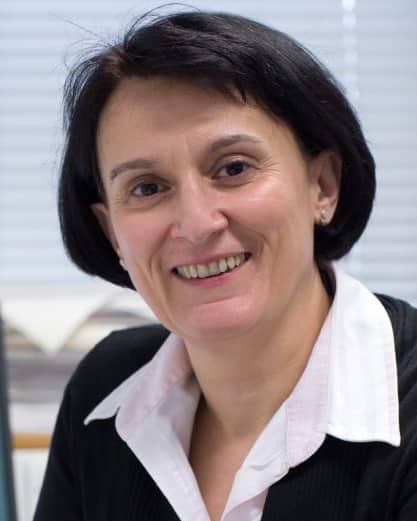
Lidija Zdravković is a Professor of Computational Geomechanics and Head of Geotechnics in the Department of Civil and Environmental Engineering of Imperial College London. Her research involves the use of the finite element method in geotechnical engineering, the study of the mechanical behavior of soil and rock in engineering applications. She is a coauthor of the two-volume textbook Finite Element Analysis in Geotechnical Engineering and over 100 academic papers. She was a member of the Geotechnique Advisory Panel between 2003 and 2006, and has been an Editorial Board member for Computers and Geotechnics since 2010. She is also a UK representative and a core member of the Technical Committee (TC) 103 for numerical analysis, under the auspices of the ISSMGE and has served on the British Geotechnical Association (BGA) Executive Committee from 2010 to 2013.
Zdravković and her coauthors David M. Potts and David W. Hight were the 2002 recipients of the Telford Medal of the Institution of Civil Engineers. Zdravković was the 2013 Géotechnique Lecturer and the 2024 Rankine Lecturer of the British Geotechnical Association.
Tentative title of the Lecture: Numerical simulation of permeability for tunnels in decomposed granite (to be confirmed by the author)
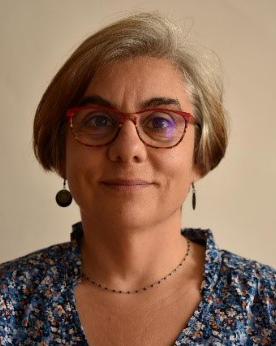
Muriel Gasc-Barbier is a senior scientist in the research team GeoCOD (Geomaterials and Geomechanics: couplings and dynamics for geotechnical structures and risks) at the Cerema which is a French public board dedicated to risks, environment, and territory development. She graduated as a geophysical and geotechnical Engineer in Paris in 1996 and obtained a Ph.D. in Geosciences, at Paris Sorbonne University in 2002. Her PhD thesis was focused mainly on experimental aspects of the chemo-hydro mechanical behavior of claystones and their creep behavior.
Since 2003, and appointment to Cerema, she works on the mechanical behavior of fractured rock masses developing experimental and theoretical approaches, working on the analysis and modeling of fracturing, its geometric distribution, and the study of induced biases, all applied in tunnels, large cuttings, or rock foundations. In the last 10 years she became deeply involved in rockslides, landslides and the influence of the climate on the instabilities with a special interest in thermal fatigue. Most of her research is based on site investigations and expertise. she has written about 30 scientific papers, more than 70 reports, and participated to several national and European Inter Regional projects.
She’s teaching rock mechanics in Sorbonne University, in Paris for 12 years and, 6 years ago, published a book in French, for master or engineering school students dedicated to “rock mechanics for civil engineering.”
She has been member of the ISRM since 1999, member of the Board of the French group since 2012, and, now, its President. She is also ISRM Vice President for Europe.
Tentative title of lecture: Impact of climatic variations on rock slope stability.
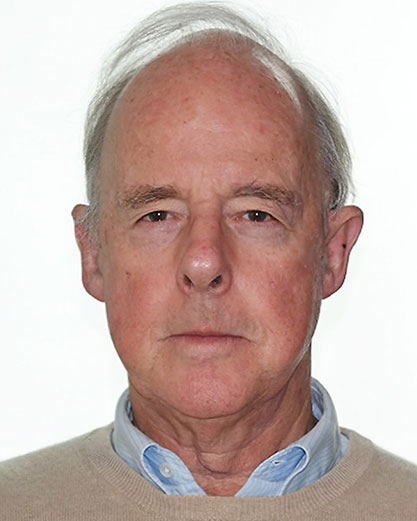
Nick Barton has 54 years of experience from hundreds of rock mechanics and rock engineering projects in a total of 41 countries related to hydropower tunnelling and caverns, metro tunnels and station caverns, motorway tunnels, rock slope stability, major dam abutment characterization, nuclear waste disposal research projects, TBM project prognoses of likely behaviour etc.
He obtained a Ph.D. on rock slope stability from Imperial College, London in 1971.
He worked for 25 years in the Norwegian Geotechnical Institute, part of the time as division director, and later as technical adviser. From 1980 to 1984, between two longer periods in NGI, he worked in the geomechanics division of TerraTek, later Schlumberger, in Salt Lake City, In 2000 he started his own international rock engineering consultancy: Nick Barton & Associates.
He is author/co-author of 360 papers in technical journals and conference proceedings, author of a book on TBM Tunnelling in Jointed and Faulted Rock in 2000, and of a text book on Rock Quality, Seismic Velocity, Attenuation and Anisotropy in 2006.
He developed the well-known Q-system of rock mass characterization in 1974, and a non-linear shear strength criterion for rock joints in 1973/1982, using the new JRC and JCS parameters, now known as the Barton-Bandis criterion. Further empirical methods linked to Q are: the QTBM prognosis method since 1999, the Qslope method since 2015, and the Q-H2O method since 2007.
He received the 6th ISRM Müller Award, given only once every four years for distinguished contributions to rock mechanics and rock engineering. He has received thirteen international awards between 1975 and 2021. He is an ISRM Fellow since 2015.
He has an Honoris Causa (Honorary Doctorate) award from the University of Cordoba, Argentina (2004), and he is a Visiting Professor at University Ss. Cyril and Methodius, Faculty of Civil Engineering in Skopje from 2023. Visiting 'Distinguished Professor' at Ningbo and Shaoxing Universities in China, 2023-2028.
Tentative title of the Lecture: NMT-NATM hybrid method for sustainability and risk reduction
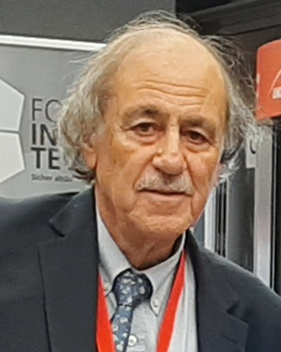
Reşat Ulusay, obtained BSc and MSc degrees on engineering geology from the Geological Engineering Department at Hacettepe University (HU) in 1975 and PhD degree from the Middle East Technical University (METU) in 1991, Ankara, Türkiye, respectively. His main research activities are concentrated on engineering geology, rock mechanics and soil mechanics; particularly on slope stability, rock mass characterization and classification, laboratory and in-situ geomechanical testing, geo-engineering at historical sites, earthquake-induced ground deformations, attenuation relationships and swelling. Between 1975 and 1996, he worked at the Mineral Research and Exploration Institute (MTA) of Türkiye and was trained on mining geotechnology by Golder and Hoek Associates in UK and assigned to establish the Rock and Soil Mechanics Division and Laboratories under the auspices of the United Nations.
He became Associate Professor in 1994. Between December 1995 and 1 September 2019 he worked at the Applied Geology Division of the Geological Engineering Department at HU. He became full Professor in 2000. He has also been a part-time instructor in METU between 1992 and 2015. He supervised 34 MSc and PhD theses and retired on 1 September 2019.
He is the author and/or co-author of about 300 papers, four technical books (Turkish) on rock mechanics and geotechnics, two dictionaries on geo-engineering and rock mechanics, and the Co-editor and Editor of the ISRM Blue Book and ISRM Orange Book, respectively. He served as Editor-in-Chief of "Bulletin of Engineering Geology & the Environment" and the Ex-Officio Executive Committee Member of the International Association of Engineering Geology (IAEG) between 2019 and 2021. He also served as the President of the “Turkish Society of Engineering Geology” and member of the “Turkish Earthquake Advisory Board”.
Since 2006 he is the Chairman of the “ISRM Commission on Testing Methods (CTM)”. He presented “8th ISRM Online Lecture”. In 2015, he was recognized by ISRM as “Lifetime ISRM Fellow”, honoring his accomplishments in rock mechanics and engineering and his contributions to ISRM and “ISRM Outstanding Commission Award 2015” was conferred to the “ISRM CMT”. He served as the “ISRM President” between 2019 and 2023. In 2016, the “Hans Cloos Medal” was conferred to Prof. Ulusay by IAEG for his excellent contributions to engineering geology. He is a recipient of “2024 Honorary Membership of IAEG”. He is a Visiting Professor at “Department of Resources and Civil Engineering of Northeastern University”, Shenyang, China and “University of Ss. Cyril and Methodius, Faculty of Civil Engineering”, Skopje, N. Macedonia, since 2018 and 2020, respectively.
He is a recipients of 2024 Honorary Membership of IAEG. He is Visiting professor at University Ss. Cyril and Methodius, Faculty of Civil Engineering, Skopje.
Title of the lecture: The importance of rock engineering for deep open pit slopes: Some considerations
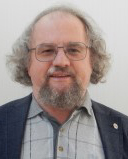
Ömer Aydan obtained his BSc degree in Mining Engineering from Istanbul Technical University, Türkiye, in 1979 and MSc degree in Rock Mechanics and Excavation Engineering from University of Newcastle Upon Tyne in 1982, and his PhD in Rock Mechanics from Nagoya University, Japan, in 1989.
Prof. Aydan worked at Nagoya University as a research associate (1987-1991), and at the Department of Marine Civil Engineering at Tokai University, first as Assistant Professor (1991-1993), then as Associate Professor (1993-2001), and finally as Professor (2001-2010). Aydan then became Professor of the Institute of Oceanic Research and Development at Tokai University.
He was Professor at the University of Ryukyus, Department of Civil Engineering, Nishihara, Okinawa, Japan and he was also appointed as the director of the Natural Disaster Prevention and Research Center since 2015. Prof. Aydan retired from the University of Ryukyus at the end of March, 2020 with the title of Emeritus Professor. Aydan has played an active role in numerous International Society for Rock Mechanics and Rock Engineering (ISRM), Japan Society of Civil Engineers, Japan Geotechnical Society, Shinozuka Research Institute and Rock Mechanics National Group of Japan committees, and has organized several national and international symposia and conferences. He was the member of the organizing committee of EUROCK2016. He organized 2019 Rock Dynamics Summit in Okinawa, Japan during May 7-11, 2019 as a specialized conference of ISRM.
Prof. Aydan served as the Chairman of the Rock Dynamics Committee of JSCE for two terms between 2013 and 2018, and also as the chairman of Earthquake Disaster Investigation Committee of JSCE for two terms between 2005 and 2010. He received the 2005 technology award, the 2012 Frontier award and the 2015 Best Paper award of Japan Society of Rock Mechanics (JSRM), the excellent contributions award of the International Association for Computer Methods and Advances in Geomechanics (IACMAG), as well as the 1998 Matsumae Technology award of Tokai University and the 2018 Excellent Research Contribution award of University of the Ryukyus and the 2018 best paper award of Active Fault Society of Japan.
He has published 8 books as a part of ISRM Book Series by CRC Press and co-authored 5 books. He was also made Honorary Professor in Earth Science by Pamukkale University (Denizli, Türkiye) in 2008.
He was Vice President at Large at ISRM for a period 2019-2023.
Tentative title of lecture: Planetary Rock Mechanics and Future Prospects
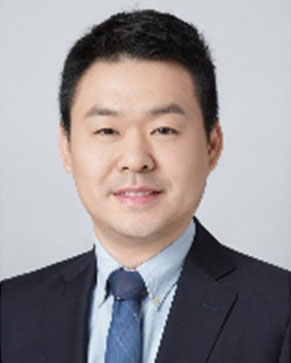
Fengshou Zhang is a distinguished professor in the Department of Geotechnical Engineering, College of Civil Engineering, Tongji University. He received his PhD in geosystems engineering from the Georgia Institute of Technology in 2012, MS in tunneling and underground engineering, and BS in civil engineering from Tongji University in 2007, 2004, respectively.
From 2012-2016, he was a full time geomechanics engineer in the Houston office of Itasca Consulting Group Inc. His main job at Itasca was to provide consulting service, mainly the modeling of hydraulic fracturing and coupled processes of fractured rock masses, to many large oil and gas operators with applications to major unconventional plays in the North America, among them, Marcellus shale in Pennsylvania, Bakken shale in North Dakota, Permian and Eagle Ford shales in Texas and Horn River shale in Canada.
He returned to Tongji University as a professor of rock mechanics in 2016 and was promoted to a distinguished professor in 2021. His current research interests are in the areas of THMC coupling of subsurface, with applications to shale gas recovery, geothermal exploitation, CO2 sequestration and underground energy storage. He published more than 190 papers in PRL, GRL, JGR-Solid Earth etc., and won the ARMA Early Career Award in 2018, the first Qian Qihu Award in 2020, the China Youth Science and Technology Award in 2022, the Tencent CarbonX Award in 2023, and the ARMA Rock Mechanics Research Award in 2023. He also served as the first Executive Editor-in-Chief of Rock Mechanics Bulletin, an official flagship journal of CSRME.
He is a Vice President at Large ISRM.
Tentative title of lecture: CO2 sequestration and mineralization in basalts in Eastern China: prospects, constraints and challenges
Neil Bar holds a PhD in Civil Engineering and has over 15 years of engineering & related experience on a diversity of mining, tunnelling and civil engineering projects across 6 continents. He is a Geotechnical Engineer with Gecko Geotechnics and currently serves as the Chairman of the ISRM Commission on Risks and Reliability in Rock Slope Engineering.
Title of lecture: Understanding failure mechanisms to design and manage surface and underground excavations.

